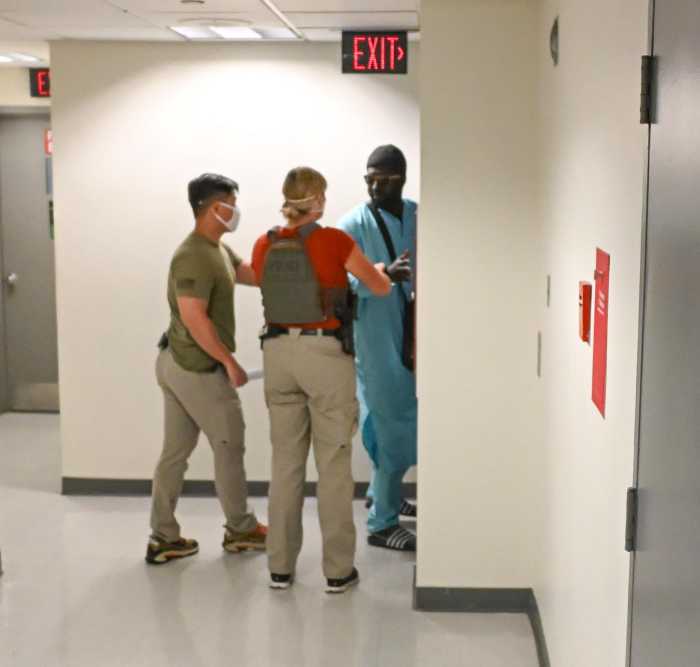No one would call the farmer, Illinois Farm Bureau leader and Bush Administration appointee an environmental wacko. But Leland Strom says agriculture should not dismiss climate change. Citing crop damage from extreme weather, he said let’s develop a plan to deal with it.
Dr. James Hansen, a native Iowan who heads the National Aeronautics and Space Administration Goddard Institute for Space Studies, has documented a “stunning increase in the frequency of extremely hot summers. The odds that natural variability created these extremes are minuscule, vanishingly small,” he wrote. “To count on those odds would be like quitting your job and playing the lottery to pay the bills.”
Some variability is natural, says Hansen. But we are seeing more hot years for every cool year. Extremely hot temperatures covered just a fraction of one percent of the globe from 1951 to 1980, but now cover 10 percent.
The good news is that we can make big reductions in greenhouse gas emissions without damaging our quality of life.
We can cost effectively begin replacing coal power plants with wind and natural gas. We increase federal fuel efficiency standards to drive development of new technology to improve gas mileage. Farmers can contribute to greenhouse gas reduction by capturing more carbon in the soil as organic matter – and be paid for it.
We have the opportunity and responsibility to take corrective action. We owe it to the next generation to leave the land as well as we received it. Let’s not fail them.
###
The Center for Rural Affairs was established in 1973 as an unaffiliated nonprofit corporation under IRS code 501(c)3. The Center for Rural Affairs was formed by rural Nebraskans concerned about family farms and rural communities, and we work to strengthen small businesses, family farms and ranches, and rural communities.

























